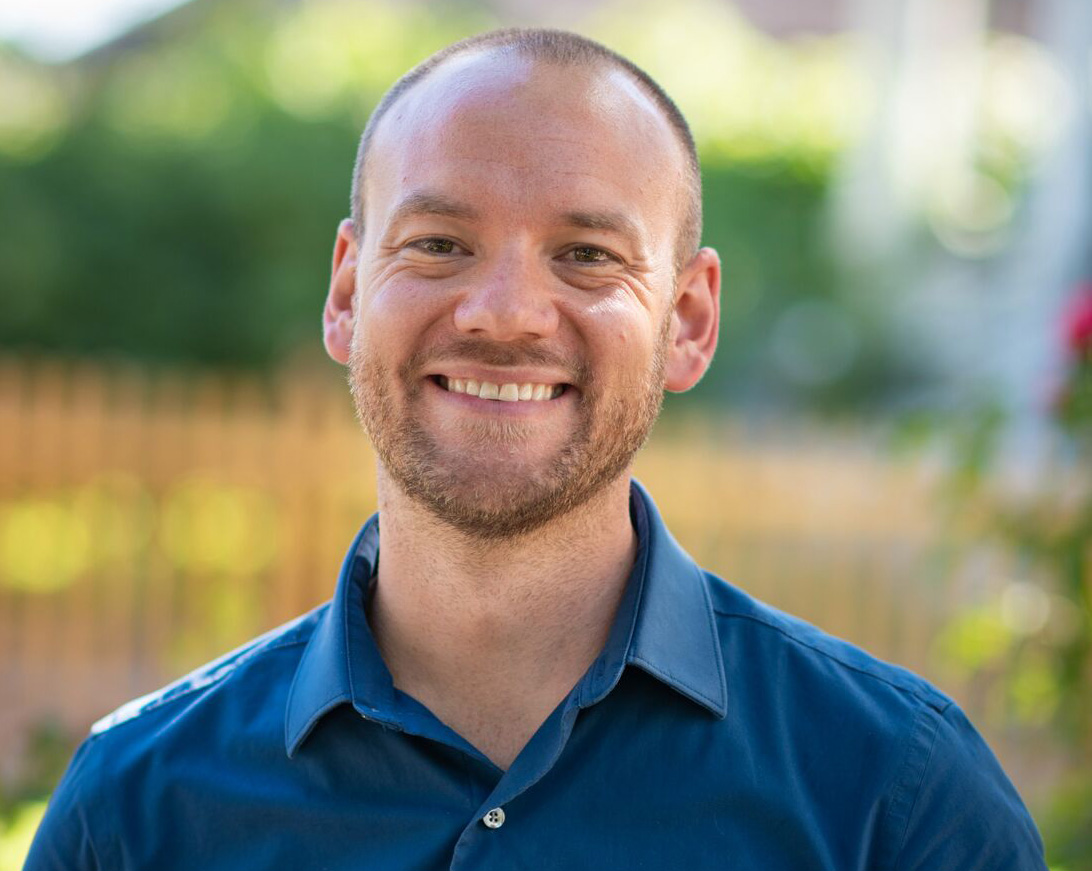Board Certified in Behavioral Sleep Medicine
Clinical Psychologist
Founder of Honest Sleep
Founder of DBT Sleep
Brian's CV
Dr. Curtis is a clinical psychologist with advanced training & specialization in the assessment & treatment of borderline personality disorder (BPD) & post-traumatic stress disorder (PTSD) in adults. He has considerable expertise in the assessment & treatment of chronic insomnia, chronic trauma-related nightmares, & helping people safely & gradually discontinue their use of various sleep medications that they may have been taking for years.
Dr. Curtis is one of only 218 clinicians in the world who is board certified in behavioral sleep medicine (DBSM). He has completed advanced training & certification in the most effective, gold standard treatments for chronic insomnia disorder (Cognitive Behavioral Therapy for Insomnia; CBT-I), trauma-related nightmare disorder (Imagery Rehearsal Therapy; IRT & Exposure, Relaxation, & Rescripting Therapy; ERRT), post-traumatic stress disorder (Cognitive Processing Therapy; CPT & Prolonged Exposure Therapy; (PE)), & borderline personality disorder (Dialectical Behavior Therapy; DBT).
Dr. Curtis received his master's (MS) & doctorate (PhD) degrees in clinical psychology from the University of Utah. He completed his doctoral internship at the VA Salt Lake City Health Care System. During this time, he received in-depth training & expertise working with adults with anxiety disorders, major depressive disorder, relationship difficulties, substance use disorders, chronic pain, chronic insomnia, nightmare disorder, breathing-related sleep disorders, circadian rhythm sleep disorders, post-traumatic stress disorder, & borderline personality disorder.
Before becoming a clinical psychologist, Dr. Curtis received a master's (MS) degree in neuroscience from the University of Utah under the mentorship of Nobel Prize winning geneticist Mario Capecchi, PhD. Dr. Curtis has 12 years of research experience & 12 peer-reviewed scientific publications in some of the world's top journals in neuroscience & sleep medicine. He is an active member of the American Academy of Sleep Medicine (AASM) & Society of Behavioral Sleep Medicine (SBSM).
Given his expertise & board certification in behavioral sleep medicine, Dr. Curtis has been sought out to offer various trainings in the assessment & treatment of sleep disruption across numerous mental health difficulties.
When he's not being a psychologist, you can find Brian enjoying time with his wife, playing on the floor with their four young children, playing the drums, & keeping up his daily meditation practice. Brian's interest in meditation & mindfulness led to his being trained in Mindfulness-Based Stress Reduction (MBSR), Mindful Self Compassion (MSC), & Mindfulness-Based Cognitive Therapy (MBCT).
Curtis, B.J., McKinney, T.L., Euler, M., Anderson, J.S., Baron, K.G., Smith, T.W., & Williams, P. G. (2024). Sleepy without stimulation: subjective and objective sleepiness in actigraphy-verified natural short sleepers. Journal of Sleep Research. https://doi.org/10.1111/jsr.14170
Curtis, B.J., Ashbrook, L., Young, T., Finn, L., Fu, Y-H., & Ptáček, L.J. (2019). Extreme morning chronotypes are often familial and not exceedingly rare: The estimated prevalence of Advanced Sleep Phase (ASP), Familial Advanced Sleep Phase (FASP), and Advanced Sleep-Wake Phase Disorder (ASWPD) in a sleep clinic population. Sleep. https://doi.org/10.1093/sleep/zsz148
Curtis, B.J., Williams, P.G., & Anderson, J.S. (2018). Objective cognitive functioning in self-reported habitual short sleepers not reporting daytime dysfunction: Examination of impulsivity via delay discounting. Sleep, 41(9), 1–9. https://doi.org/10.1093/sleep/zsy115
Curtis, B.J., Williams, P. G., Jones, C. R., & Anderson, J. S. (2016). Sleep duration and resting fMRI functional connectivity: Examination of short sleepers with and without perceived daytime dysfunction. Brain and Behavior, 6(12), 1–13. https://doi.org/10.1002/brb3.576
Curtis, B.J., Williams, P. G., & Anderson, J. S. (2019). Neural reward processing in self-reported short sleepers: Examination of gambling task brain activation in the Human Connectome Project database. Sleep, 42(9), 1–10. https://doi.org/10.1093/sleep/zsz129
Curtis, B.J., Ashbrook, L., Young, T., Finn, L., Fu, Y-H., & Ptáček, L.J. (2019). Extreme morning chronotypes are often familial and not exceedingly rare: The estimated prevalence of Advanced Sleep Phase (ASP), Familial Advanced Sleep Phase (FASP), and Advanced Sleep-Wake Phase Disorder (ASWPD) in a sleep clinic population. Sleep. https://doi.org/10.1093/sleep/zsz148
Curtis, B.J., Williams, P.G., & Anderson, J.S. (2018). Objective cognitive functioning in self-reported habitual short sleepers not reporting daytime dysfunction: Examination of impulsivity via delay discounting. Sleep, 41(9), 1–9. https://doi.org/10.1093/sleep/zsy115
Curtis, B.J., Williams, P. G., Jones, C. R., & Anderson, J. S. (2016). Sleep duration and resting fMRI functional connectivity: Examination of short sleepers with and without perceived daytime dysfunction. Brain and Behavior, 6(12), 1–13. https://doi.org/10.1002/brb3.576